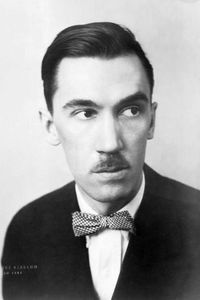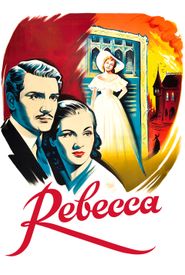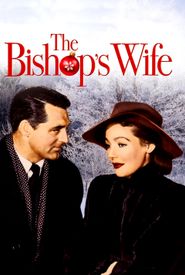Robert E. Sherwood, a luminary of multifaceted literary prowess, was born to Arthur Murray and Rosina Emmet Sherwood, and reared in a nurturing environment that fostered his intellectual and creative growth.
His academic pursuits took him to the esteemed Milton Academy in Massachusetts, where he honed his skills and laid the foundation for his future success. Sherwood's academic journey continued at Harvard University, where he further refined his intellectual faculties and prepared himself for a life of artistic and literary expression.
However, Sherwood's path to literary stardom was not without its challenges. During World War I, he served with the Canadian Black Watch, where he suffered a wound that would leave a lasting impact on his life and work.
After the war, Sherwood began his literary career as a movie critic for Vanity Fair and Life magazines, where he developed his skills and built a reputation as a discerning and perceptive critic. However, it was his play "The Road to Rome" in 1927 that brought him widespread recognition and established him as a major talent in the world of theater.
Sherwood's transition to film writing began in 1924, when he was hired to rewrite the subtitles for the classic film "The Hunchback of Notre Dame" (1923). Over the years, he worked with many of the most prominent figures in the film industry, including Alexander Korda, George S. Kaufman, and Samuel Goldwyn, often working behind the scenes without receiving credit for his contributions.
During World War II, Sherwood served in a number of capacities, including director of the overseas branch of the Office of War Information (OWI). He resigned from this position in 1944 and returned to film writing, where he achieved great success and won numerous awards, including an Academy Award for his screenplay for "The Best Years of Our Lives" (1946).
Throughout his career, Sherwood received numerous literary awards and accolades, including the Pulitzer Prize in 1936, 1939, 1941, and 1949, as well as the Bancroft Prize for distinguished writing in American history in 1949.
Despite his many accomplishments, Sherwood remained humble and dedicated to his craft, continuing to write and produce until his passing. His legacy as a brilliant and multifaceted writer continues to inspire and influence generations of writers and artists to this day.

































